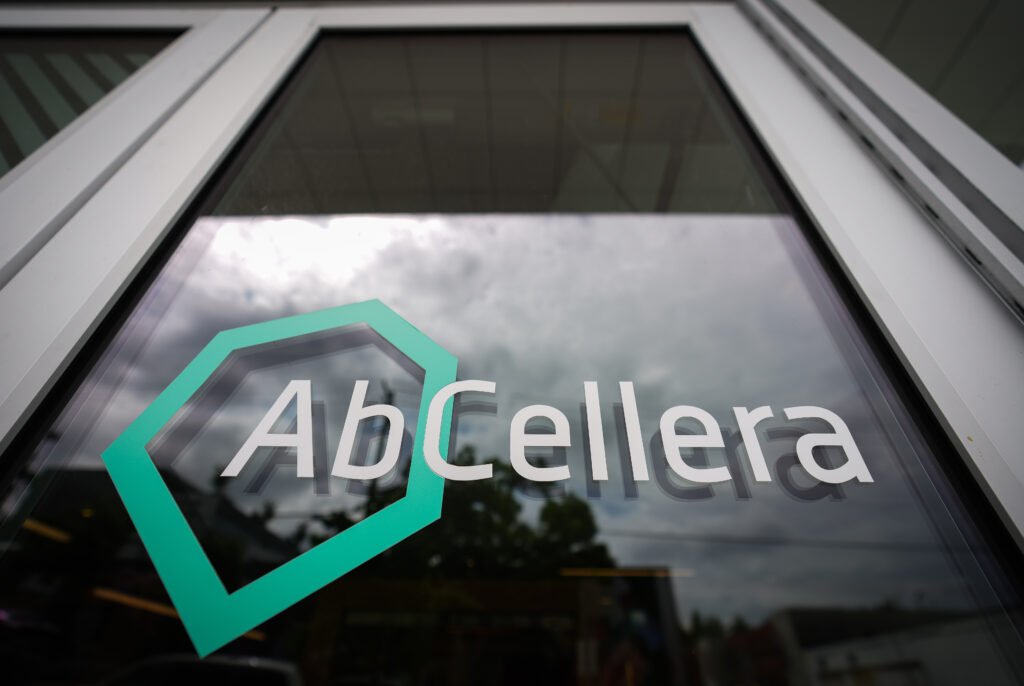New antibody therapeutic enters Phase 1 with hopes of helping women with hot flashes and night sweats
New antibody therapeutic enters Phase 1 with hopes of helping women with hot flashes and night sweats

Canadian biotech firm AbCellera has announced it has received regulatory approval to start a Phase 1 clinical trial in Health Canada for its investigational antibody ABCL635, aimed at alleviating vasomotor symptoms (VMS) in menopause. Hot flashes, night sweats, and related symptoms affect many women and existing treatments often carry undesirable side effects. This new antibody offers a potential non-hormonal option.
What is ABCL635 and why it matters
ABCL635 is designed as a monoclonal antibody intended to modulate pathways believed to underlie vasomotor symptoms without using hormone replacement. While details of its exact mechanism remain somewhat under wraps, the company has described the target as part of the non-hormonal regulatory network of temperature control.
For many women menopausal symptoms can severely reduce sleep quality, mood, and overall quality of life. Hormone therapy, while effective for many, can be contraindicated or undesirable for others due to risks or personal preference. A safe, effective antibody therapy could fill an important gap.
Design of the Phase I study
The trial is first-in-human, randomized, double-blind, placebo-controlled. It will enrol healthy postmenopausal women experiencing moderate-to-severe vasomotor symptoms. ABCL635 will be administered in escalating dose cohorts to assess safety, tolerability, pharmacokinetics, and pharmacodynamics. Key endpoints will include frequency and severity of hot flashes, nighttime sweats, measurement of biomarkers related to thermoregulation, and any adverse events.
The study is expected to run over several months, with follow-ups focused on safety and preliminary symptom relief.
Challenges and what to watch
As with any first-in-human trial, the biggest unknowns are safety, tolerability, and whether the antibody produces a meaningful effect on symptoms. Sometimes promising mechanisms fail in humans due to unexpected side effects or weak clinical impact.
Additionally, non-hormonal treatments need to show not only that they reduce symptoms, but that they do so reliably and with acceptable trade-offs. Patients and regulators will want to see data on how durable the benefit is, how side effects compare, and how the drug performs over time.
It will also matter how easily the therapy can be administered, costs involved, and whether it can compete with existing treatments in convenience and efficacy.
Implications for clinical research and patients
If ABCL635 proves safe and shows early signs of efficacy, it could push more research into non-hormonal therapies for menopause. It might spark interest among biotechs and pharma in targeting thermoregulation, endocrine signalling, and non-hormone systems for menopausal symptom relief.
For patients the anticipation of a new option is important. Many women avoid hormone treatments or cannot take them, so having alternatives broaden therapeutic choice.
For clinical researchers, this trial illustrates another trend: expansion of antibody therapy into areas outside oncology or chronic inflammatory disease, into symptom management and women’s health. It also underlines the importance of Phase 1 studies that do more than test safety: collecting early biomarker and symptom data to guide further development.
Keep in touch with our news & offers